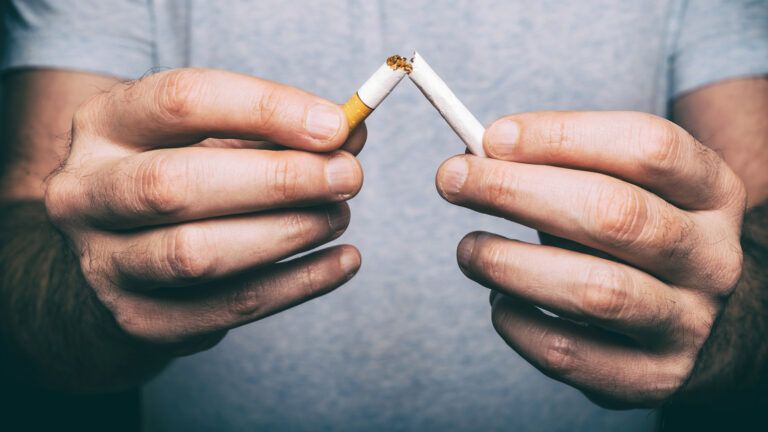April is Alcohol Awareness Month. According to the National Institute on Alcohol Abuse and Alcoholism, alcohol-related deaths are one of the most preventable causes of death, with nearly 100,000 people impacted a year. Still, there is hope: alcoholism is treatable and with support can be managed.
If you’re wondering whether you or a loved one is dealing with alcoholism or alcohol abuse, here are just a few signs that the NIAAA offers to help you decide if you need help:
- Drinking alcohol even when it increases depression, anxiety or other health issues
- Drinking or the aftereffects of drinking impact your ability to work, sleep or go to school
- Drinking or the aftereffects of drinking impact your relationships with family and friends
- Drinking increases risky behaviors that cause you or others harm (driving while intoxicated, operating machinery, swimming or other illegal behavior)
- Trying to cut back or quit drinking doesn’t work
- The effects of alcohol wearing off are nausea, sweating, shaking or other signs of withdrawal.
Only a doctor can diagnose alcoholism or alcohol abuse, but if any of these signs seem familiar, resources like NIAAA and Alcoholics Anonymous have been helping people get treatment for decades.
If you don’t have signs of alcoholism or alcohol abuse, the NIAAA recommends drinking in moderation (no more than 2 a day) or not at all, depending on your family’s medical history and your own. Find more hope for addiction and recovery on Guideposts.org.





